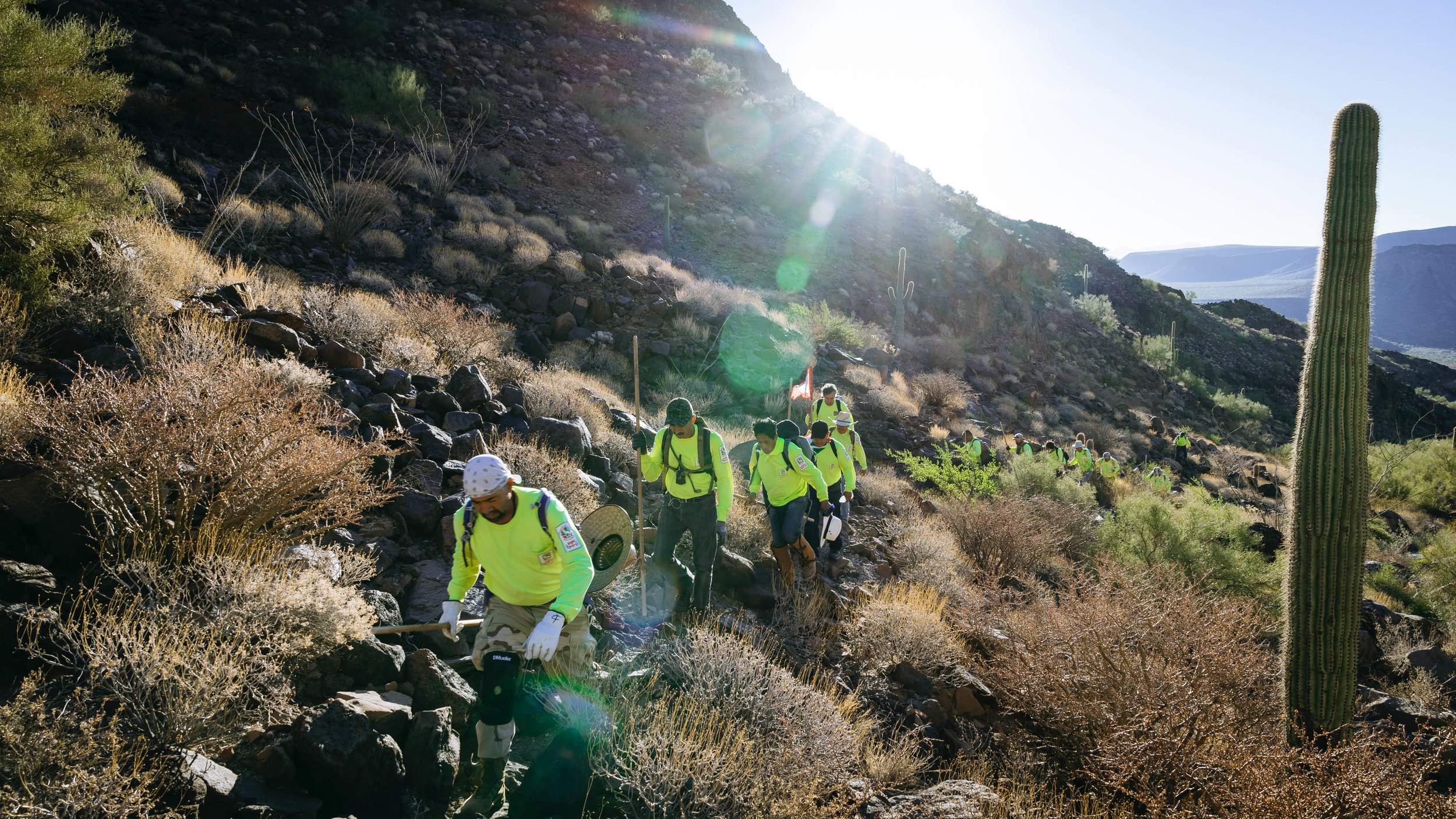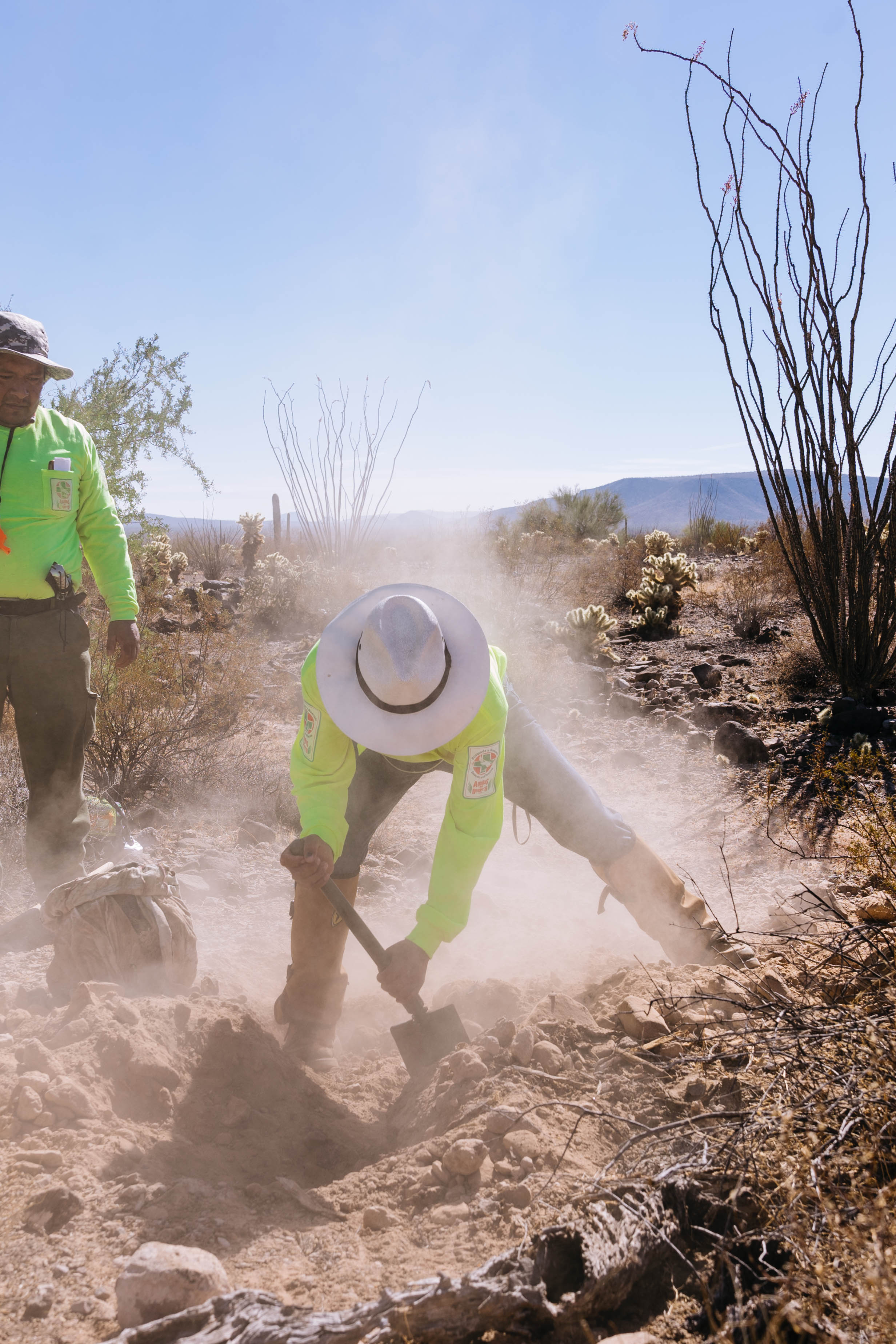Activist Tinder
Stay Wild
I have seen shitstorms of social media outrage.
I have tapped the trending hashtags. I have read the bumper stickers in traffic. I have sat with people on couches talking about the popular problems. I have only seen these things help people express their concern, but I have never seen these things bring solutions to the problems they are so upset and depressed about.
Surely outreach and education is a big part of finding solutions, but words without action amount to hot breath lost in the cold wind of reality. We need to get off our screens and asses to do the actual work of caring for the environment.
If you’ve done a tree planting or beach clean up you know the satisfaction of getting your hands dirty with a group of people who care about the same issues. It’s a momentary bond between caring people, and sometimes the bond can go deeper than the work and blossom into meaningful relationships. I have seen romance at muddy native plant restoration work parties. To make these meetups easier, Greenpeace, Patagonia, and other organizations have launched activist meetup apps and events. These things connect people to protest things and take action in the name of what they love.
Greenpeace Greenwire is a global social media app offering support to anyone who wants to join Greenpeace activities or organize their own activities. Greenwire wants to help people looking to “Search for support, share information and have fun connecting with others who share your goals. It’s specifically dedicated to helping activists like you get involved in your community.” I’m one of those grumpy rebels who hesitates joining groups, but scrolling down the list of things they have going on, I dropped all my hangups and fell in love with all the good action people have been doing.
Patagonia Action Works connects Patagonia customers with grassroots activism. From their website, people can find out about events, sign petitions, share skills, volunteer, and donate money to help with the environmental issues that they care about most.
“It’s a digital tool that facilitates human connection.”
— Lisa Pike Sheehy, Patagonia’s V.P. of Environmental Activism
“It’s kind of a dating site.”
— Yvon Chouinard, Patagonia Founder
Patagonia has supported grassroots activists working to find solutions to environmental problems for the past 40 years. They’ve given over 90 million dollars to grassroots activists and have helped nurture direct actions and protests. Yvon still asks: “What more can we do?” With the launch of this new site, Yvon leads the charge by saying, “If you’ve been paying attention, you’ve noticed things aren’t going very well for the planet. It’s pretty easy to get depressed about it. I’ve always known that the cure for depression is action.”
Parks Project is another brand that’s all about caring for the environment, specifically national parklands. They organize trail work events and volunteer days. They also make goods that remind people to take pride in the places they love. Parks Project believes that if you love a place, you should work to support it. Here are 10 simple ways they say you can support your parks:
1 // GET EDUCATED // Learn about the history of our parklands to understand the importance of preservation.
2 // TAKE ACTION // Support candidates and vote on issues that protect our parks; write a letter to your local policy makers to keep conservation top of mind.
3 // GET INVOLVED // Join a local park conservation group to stay informed on current issues in your area.
4 // VOLUNTEER // Check out volunteer.gov to participate in cleanups, trail restoration, and invasive species removal.
5 // WATCH YOUR FOOTPRINT // Practice the “Leave No Trace” policy when visiting parks. Use low-impact modes of transportation.
6 // RESPECT HABITAT & WILDLIFE // Leave native plants and artifacts in their natural habitats, and don’t feed the animals.
7 // LIMIT YOUR IMPACT // Be sure to reduce, reuse, and recycle in the parks, and always leave it better than you found it.
8 // BROADCAST // Become an ambassador for responsible outdoor ethics. Use social media to share stories and spread the word.
9 // DONATE // Contribute to nonprofits like the National Park Foundation and the National Park Conservation Association.
10 // WEAR THE PARKS // Celebrate our national parks and their splendor with our goods (of course).
If you love something, you have to work for it. There are a ton of ways we can get involved in the work. So let’s roll up our sleeves and get into action together!











